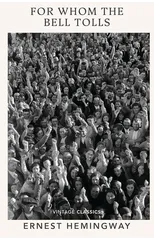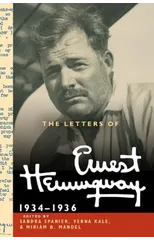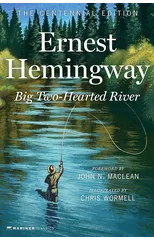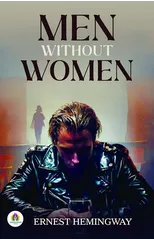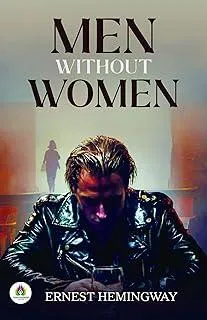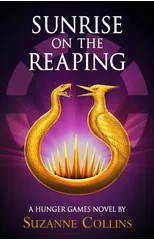Men Without Women is a compelling collection of short stories by the renowned American author Ernest Hemingway, first published in 1927. This anthology showcases Hemingway's signature minimalist style and profound exploration of themes such as love, loss, and the complexities of masculinity. The stories delve into the lives of men grappling with emotional isolation and the impact of their relationships with women. Through vivid imagery and sparse dialogue, Hemingway captures the essence of human experience, revealing the vulnerabilities and struggles that lie beneath the surface of stoic exteriors. From the poignant tales of heartbreak to the stark realities of war, each narrative offers a glimpse into the psyche of men navigating a world often defined by their interactions with women. Hemingway's masterful storytelling invites readers to reflect on the nature of relationships and the often unspoken emotions that accompany them. Men Without Women stands as a testament to Hemingway's literary genius, providing a rich tapestry of characters and situations that resonate with readers, making it a timeless exploration of the human condition.
Ernest Hemingway
Ernest Hemingway (1899-1961) was an American novelist, short story writer, and journalist known for his distinctive writing style and portrayal of masculinity. His most notable works include "The Old Man and the Sea," "A Farewell to Arms," and "The Sun Also Rises." Hemingway's writing is characterized by its spare prose, realistic dialogue, and emphasis on themes of war, love, and loss. He is credited with revolutionizing the modern American novel and influencing generations of writers with his minimalist approach to storytelling. "The Old Man and the Sea," a novella about an aging fisherman's struggle with a marlin, remains one of Hemingway's most famous and enduring works, winning him the Pulitzer Prize for Fiction in 1953 and solidifying his reputation as a literary giant.

